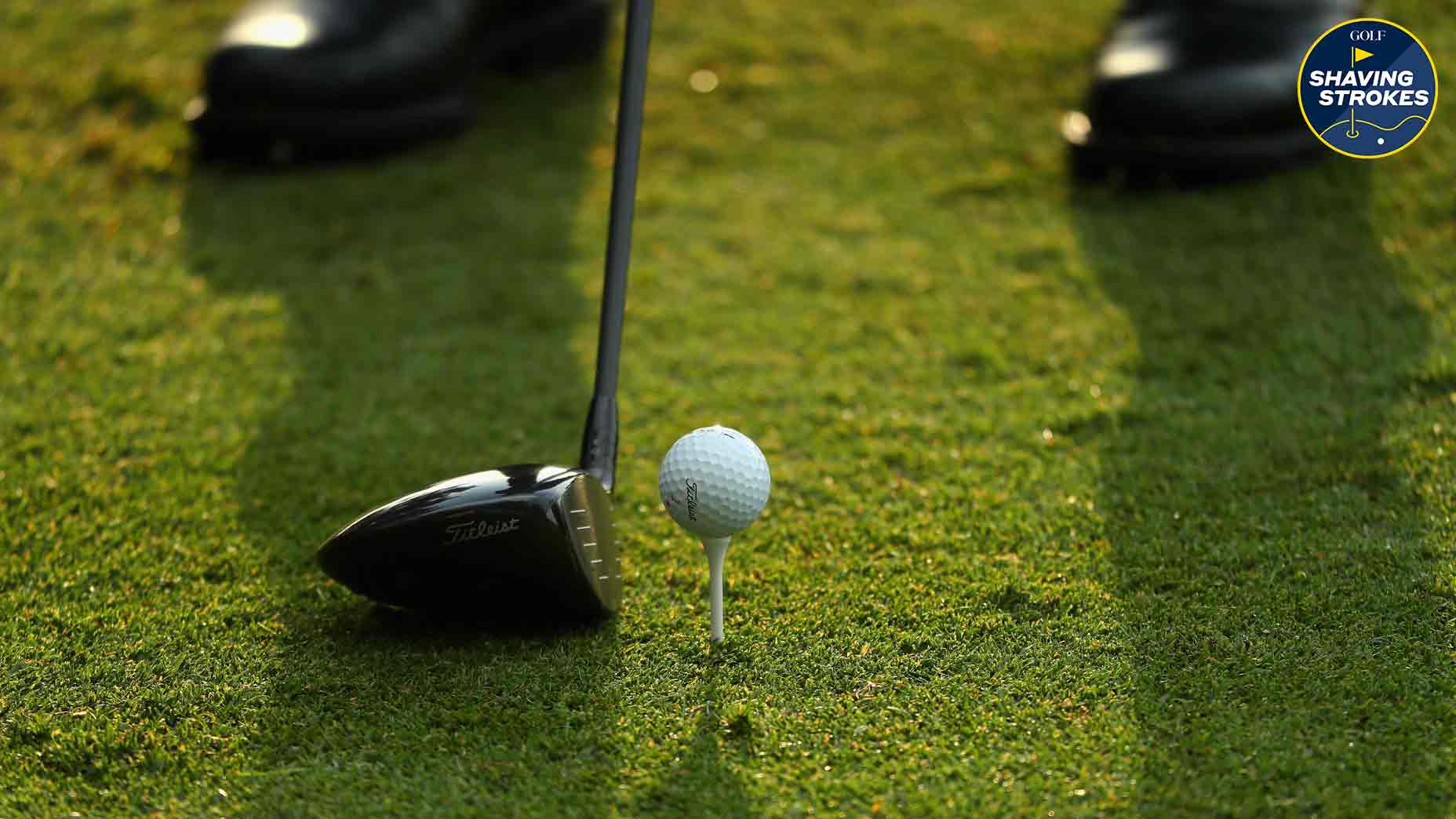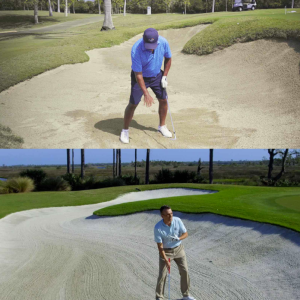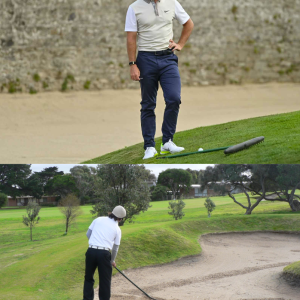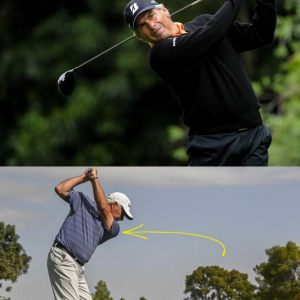Most golfers reading this understand that moving the golf ball position either forward or backward will influence the outcome of the shot. It’s why it’s recommended to position it on the front foot while using driver (to help swing up and launch it), and why it’s suggested to move it back when you’re looking for a more low-flighted shot.
But just how much does the ball position impact your swing path?
It’s a topic of conversation that top teacher Tom Stickney recently talked to me about, so I figured it’d be good for him to elaborate on it below.
Your golf ball position’s impact on the swing path

“The golf ball position in the stance will greatly influence things within your swing through the impact zone,” Stickney says. “Factors such as the angle of attack, swing path, ball trajectory and dynamic loft are all impacted by changes with its position.”
Golfers play the ball from the middle of their stance most often, so this is your normal ball position. Stickney suggests tracking the ball flight and outcome when you’re able to swing freely from this position.
“When the ball’s in this neutral position, which is the place you normally play it from, it should give you a sense of a predictable angle of attack and swing path. Chart these results during driving-range sessions for reference,” he says. “Since the golf swing is on an arc, when you place the ball toward the back of your stance, you tend to hit more down, with the path being more out-to-in. On the contrary, when the golf-ball position is more forward, you’ll see the opposite occur, and will sweep the ball a touch more with a path that’s more in-to-out.”
Adjust the aim as you alter your golf-ball position
Since you know that the swing path differs as the ball position changes, Stickney reminds players to adjust their aim as they move the position since the ball’s flight and spin changes.
“When placing the ball back in your stance and closer to your trail foot, your trajectory will become lower since you’re delivering less dynamic loft to the ball,” he says. “Since your swing path will be more right of the target from this position, you must take that into account by aligning more left at address. Also remember that the shorter the club, the more you hit down — so the further to the left you need to aim.”
On the contrary, when the golf-ball position is more forward in your stance, Stickney says the swing path is more left of the target, so you’ll need to adjust accordingly for that as well.
“When the ball’s more forward in the stance, you won’t swing down as much, and the path will shift more left as a result,” he says. “Anytime you swing more up on the ball, you’ll be adding dynamic loft and increasing the ball’s height.”





